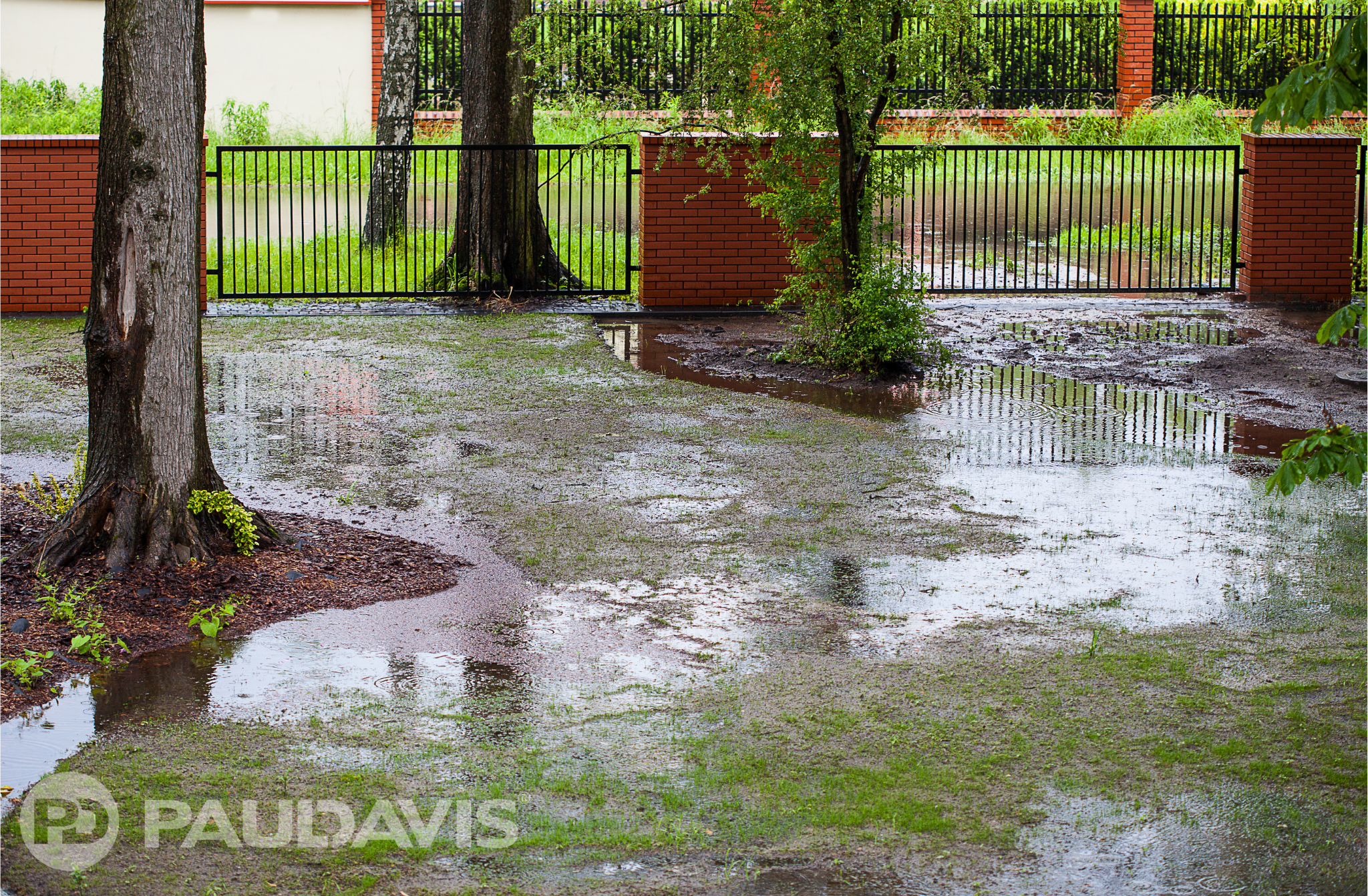
Floods have bragging rights: they are the most common natural calamity in Canada. They can surge in suddenly from so many sources: torrential rains from seasonal weather fronts, hurricanes, storm surges, spring thaws, even precipitation runoff from denuded wildfire areas. It’s no surprise that so many property owners are asking if they need flood insurance.
“Private and government flood insurance policies are both available and there are advantages to each depending on your property,” says Darren Impson, President of Paul Davis Restoration of Tampa, Florida, who notes that fewer than 8 of 10 property owners carry this specialized coverage. “Government programs are cost-effective for many but if your property is large or has valuable contents, private is usually a better choice. Before you buy, though, do a deep dive on the pros and cons of having flood insurance.”
Pro: Your property is in a coastal community or in a low-lying area near a body of water. FloodSmart Canada develops and maintains flood plain maps; any location with a one percent or higher chance of flooding in a given year is considered high-risk.
Con: Your property is outside identified flood-prone areas. However, be aware: one third of all flood claims arise from low- to moderate-risk flood areas. Flood insurance is available for any insurable property.
Pro: With climate change speeding up and wild weather striking more often, flood insurance offers peace of mind. One homeowner, cozily situated atop a hill in her community, didn’t purchase flood coverage. Hurricane Ida filled her basement anyway: a nearby storm drain couldn’t handle 200 millimeters of rain in three hours.
Con: It’s complicated and requires time with an agent to build the right coverage. Study options very carefully. Underwriters are very precise about what is included (plumbing leaks don’t count, for instance), reimbursement limits (many policies cap contents payouts, for example), exclusions (damaged cars usually aren’t covered) and strict stipulations on filing claims.
Pro: You have no choice. If you are in a high-risk zone and have a mortgage, flood insurance is probably required by your lender. Standard homeowner policies usually exclude flood coverage so a separate policy is often the only recourse.
Con: You delayed your policy purchase. Many companies have a waiting period before coverage begins, so hurriedly trying to obtain insurance as a named hurricane threatens isn’t likely to help you.
“Relying on government disaster aid isn’t a good fallback choice,” Impson concludes. “That can take months to sort out and may not be offered for your particular event. Flood damage typically totals tens of thousands of dollars so it’s smart to consider insurance before the skies darken.”
